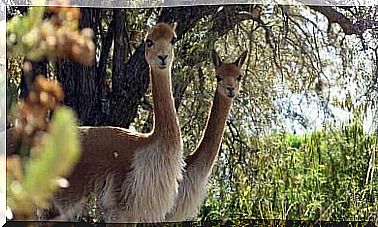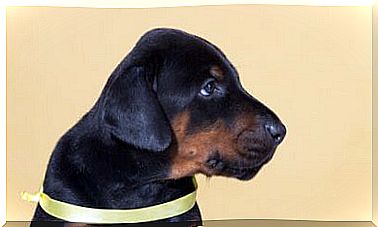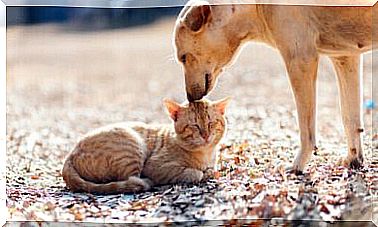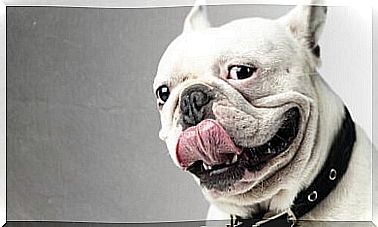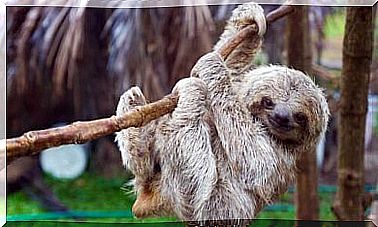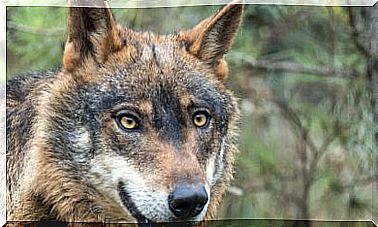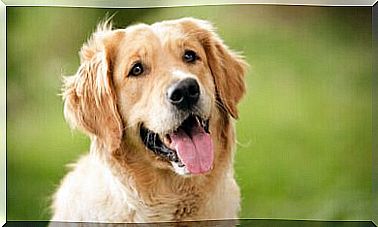Five Different Dog Personalities
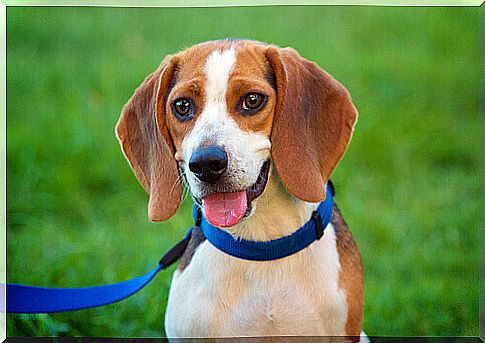
As with people, pets have behaviors that define their personality. Knowing the different personalities of dogs can be important when choosing the ideal breed.
The animal’s temperament can speak volumes about its behavior. In other words, he reveals a lot about his way of reacting to different stimuli from the surroundings, as well as telling how that dog will adapt to its new home.
Furthermore, when you know for sure what the dog’s personality is, it is possible to find out whether or not he will empathize with his owner. Therefore, the ideal is to achieve a complementary and supportive relationship, so that there is a peaceful and satisfactory coexistence.
five dog personalities
There are five types of temperament that are very common in dogs that, despite not being exclusive, define most of the animal’s behavioral traits.
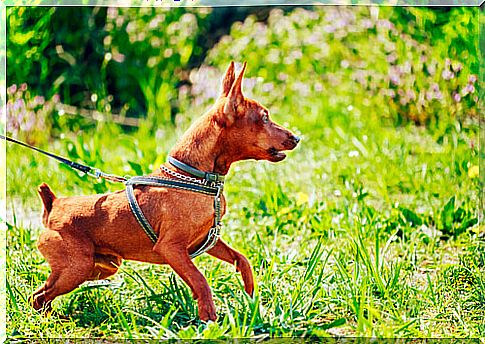
The first thing you should know is that most dog personalities carry an important genetic load, but discipline and training help correct and control impulses.
1. Aggressive. The aggressive dog is by nature bully and impulsive. This personality type is common in breeds like the Rottweiler, Doberman and German Shepherd.
Also, there are important factors about an aggressive dog. The first is that, in fact, this is your personality and that it is not learned behavior.
Another factor is the owner. Aggressive dogs are often very dominant, so they need an owner with personality, with the ability to show who’s boss. You need to impose yourself in front of your dog and show who is in charge.
Education can greatly influence this type of personality, which can reinforce their aggressive behavior or soften it. All this will depend largely on its surroundings and its owner. To be able to drain some of their aggression, these dog breeds need to practice a lot of physical activity.
2. Shy. Unlike other dog personalities, shyness can be acquired and, although genetic factors are also influenced, some dogs become shy due to trauma or lack of socialization.
This personality type is common in dogs that have been mistreated, or have had little contact with humans. It also occurs in dogs that have lived with other more dominant breeds.
3. Passive-aggressive. We can say that it is a passive-aggressive personality when the dog reacts impulsively in situations of fear.
In general, shy dogs take shelter or run away when they are afraid. A passive-aggressive animal is predisposed to action, because it finds in aggressiveness the way to put an end to its fear.
This personality type can be the result of a mismatch of dog personalities. This means that raising an aggressive and a shy dog is a common mistake made by inexperienced breeders.
Relationship with its surroundings
4. Sociable. As with other dog personalities, sociability is hereditary, and it is important to say that most animals are friendly and affectionate due to the breed from which they are descended.
These dogs show their personality both with people and with other dogs, or even with other animals. These types of dogs are ideal for homes where there are children and the elderly.
5. Independent. Independent dogs have an attitude detached from affection and care. They are disinterested animals when it comes to coexistence and, therefore, they do not need so much affection from their owners. In general, they only seek attention when they want it or when they need it; the rest of the time they lead a solitary life.
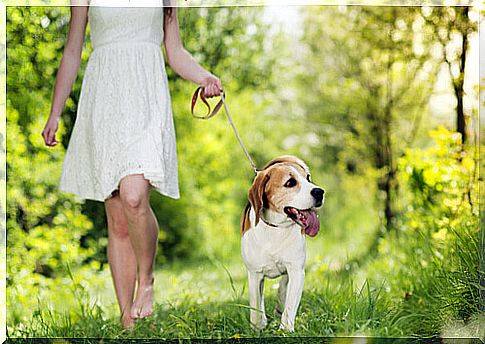
Although this type of personality in dogs is not very common, there are owners who prefer dogs like this. They are ideal for people who spend all day away from home or travel frequently.
How to choose the ideal personality?
When we decide to have a pet, it is recommended to choose it according to our personality. This will help establish a closer and more empathetic relationship with the owner.
If the person has a fast pace of life, the ideal is to have a small dog. Overall, they don’t require long walks or much care.
If, on the other hand, you are an inactive person , a quiet dog is best, with an independent personality. When they are well trained, they don’t need long walks as they know the house rules.
For sport lovers, active large dogs are the best option. Ideals are a Golden Retriever or a Labrador, and a German Shepherd is also a great alternative.
Another way to choose the best breed is taking into account the functions that the animal performs. If the person wants a guardian dog, their personality must be aggressive, but if the person wants a family dog, the animal must be sociable by nature.
Main image source: Ted Murphy
